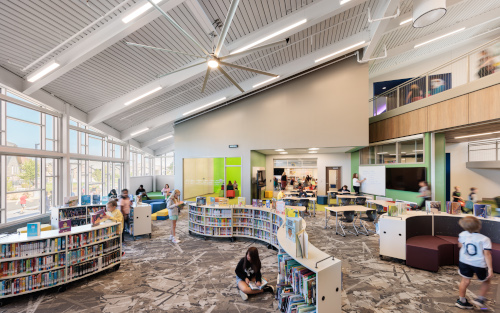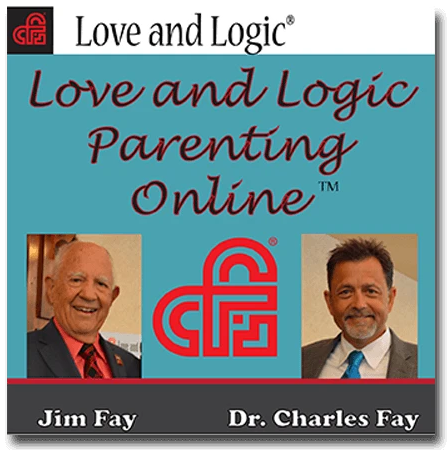
Montessori Insights: Principles in Action
Montessori philosophy principles form the bedrock of an educational approach that values the uniqueness of each child. This article delves into the fundamental principles of Montessori education, exploring how they guide teaching practices, foster holistic development, and create an environment that nurtures a love for learning.
Understanding Montessori Philosophy
At the heart of Montessori philosophy is the belief that children are naturally curious, capable learners. Dr. Maria Montessori emphasized creating an environment that supports each child’s individual development, allowing them to learn at their own pace. The principles are grounded in respect for the child’s autonomy, innate potential, and the importance of hands-on, experiential learning.
The Prepared Environment
One key principle of Montessori philosophy is the concept of the prepared environment. Classrooms are thoughtfully arranged to encourage independence and exploration. Materials are carefully chosen to align with the developmental stages of the children, promoting self-directed learning. This intentional setup empowers children to make choices and engage in activities that align with their interests.
Child-Centered Learning
Montessori education places the child at the center of the learning process. Teachers act as guides, observing each child’s strengths, interests, and challenges. This individualized approach allows educators to tailor lessons and activities to meet the unique needs of each learner, fostering a love for learning that extends beyond the classroom.
The Three-Period Lesson
A fundamental method in Montessori education is the Three-Period Lesson. This technique involves introducing a concept or skill in three stages: naming, recognizing, and recalling. This structured approach supports the child’s ability to absorb information gradually, reinforcing their understanding through repetition and active engagement.
The Role of Montessori Materials
Montessori materials are meticulously designed to be self-correcting and invite exploration. Each material serves a specific educational purpose, promoting sensorial experiences and cognitive development. From the iconic pink tower to the golden beads, these materials play a vital role in the child’s journey of discovery and mastery of concepts.
Freedom within Limits
Montessori philosophy advocates for freedom within limits, acknowledging the importance of discipline and order in a child’s life. Children are given the freedom to choose activities and work independently, within the boundaries set by the prepared environment. This balance fosters responsibility, self-discipline, and a sense of order.
The Importance of Practical Life Activities
Practical life activities are integral to Montessori education. These activities, such as pouring, buttoning, or cleaning, serve a dual purpose. They refine fine and gross motor skills while also instilling a sense of responsibility and independence. Practical life activities are the building blocks for more complex learning experiences.
The Absorbent Mind
Dr. Montessori coined the term “absorbent mind” to describe the unique ability of young children to effortlessly soak in information from their environment. This concept underscores the importance of exposing children to a rich, stimulating environment during their formative years, as they absorb knowledge naturally and effortlessly.
Mixed-Age Classrooms
Montessori classrooms often feature mixed-age groupings, allowing children to learn from and with their peers. This structure promotes collaboration, leadership skills, and a supportive social environment. Older children mentor younger ones, creating a sense of community and fostering a cooperative spirit.
Montessori Philosophy Principles in Action at igaseng.com
Explore Montessori philosophy principles in action at www.igaseng.com. Dive into a world where education is a journey of self-discovery, curiosity is celebrated, and the principles of respect, independence, and lifelong learning are woven into the fabric of every learning experience.





